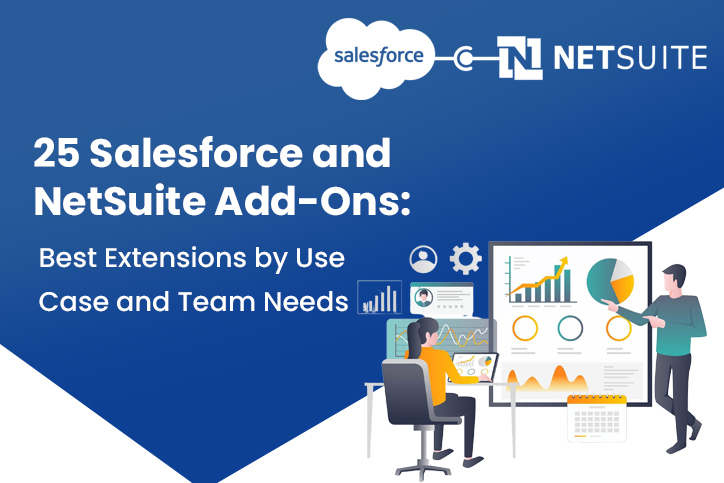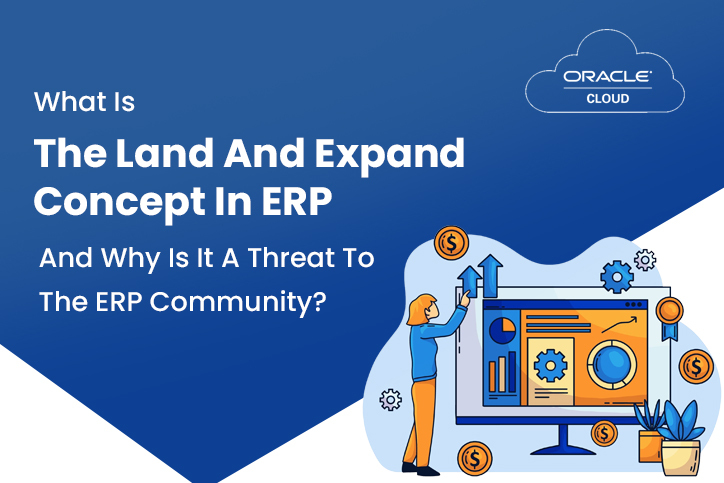How to use ERP to navigate supply chain disruptions?
Supply Chain Management (SCM) plays a pivotal role in driving organizational success and maintaining competitive advantage. As businesses strive to meet the ever-changing demands of consumers while op...
Cloud ERP
- 03-06-2024
- 548 Reads
- 5 min read




